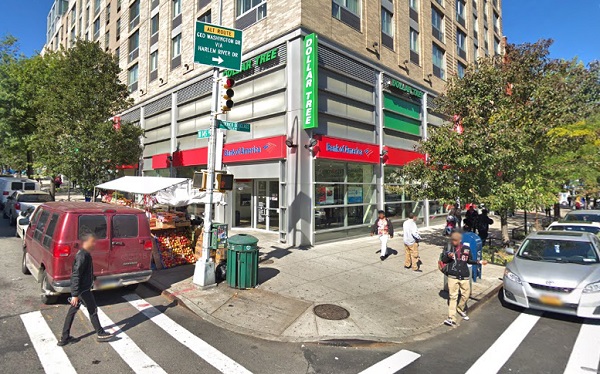 In a move that underscores the recent rise in inflation, Dollar Tree has announced that it is testing prices above $1. At the same time, the discount retailer is converting more of its stores to Dollar Tree Plus, where items sell for up to $5.
In a move that underscores the recent rise in inflation, Dollar Tree has announced that it is testing prices above $1. At the same time, the discount retailer is converting more of its stores to Dollar Tree Plus, where items sell for up to $5.
Like many retailers, Dollar Tree CEO Michael Witynski says the company is navigating supply chain constraints that have raised costs. But he says he’s confident that higher prices won’t deter the store’s customers.
“For decades, our customers have enjoyed the ‘thrill-of-the-hunt’ for value at one dollar – and we remain committed to that core proposition – but many are telling us that they also want a broader product assortment when they come to shop,” Witynski said.
In other words, as costs rise, Dollar Tree can’t provide the same selection of products if they can’t be sold for more than $1.
“We believe testing additional price points above $1 for Dollar Tree product will enable us over time to expand our assortments, introduce new products and meet more of our customers’ everyday needs,” Witynski said.
Shifting emphasis to Dollar Tree Plus
At the same time, the retailer plans to add more Dollar Tree Plus stores where the merchandise will be priced at $3 to $5. The company plans to open 500 Dollar Tree Plus stores by the end of the fiscal year, with 1,500 more planned for fiscal 2022. It also wants at least 5,000 Dollar Tree Plus stores in operation by the end of fiscal 2024.
The company currently has more than 15,800 Dollar Tree, Family Dollar, and Dollar Tree Canada stores across 48 states and five Canadian provinces. Its brand is popular with value shoppers and crafters. It’s also a source of inexpensive holiday decorations.
The price hikes have been a long time in the making, as the company has struggled to contain rising costs and remain profitable. The U.S. inflation rate has been over 5% since June, and it has begun to affect consumer sentiment reports Consumer Affairs.
In its latest Consumer Confidence report, The Conference Board says rising prices have begun to be a source of concern for consumers, as reflected in the September report.
“Short-term inflation concerns eased somewhat, but remain elevated,” said Lynn Franco, senior director of Economic Indicators at The Conference Board. “Consumer confidence is still high by historical levels — enough to support further growth in the near-term — but the Index has now fallen 19.6 points from the recent peak of 128.9 reached in June.”
Become a Harlem Insider!
By submitting this form, you are consenting to receive marketing emails from: . You can revoke your consent to receive emails at any time by using the SafeUnsubscribe® link, found at the bottom of every email. Emails are serviced by Constant Contact








